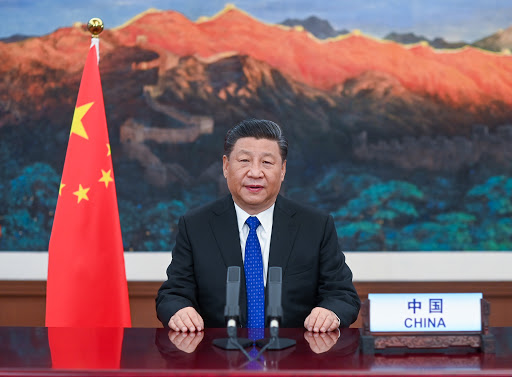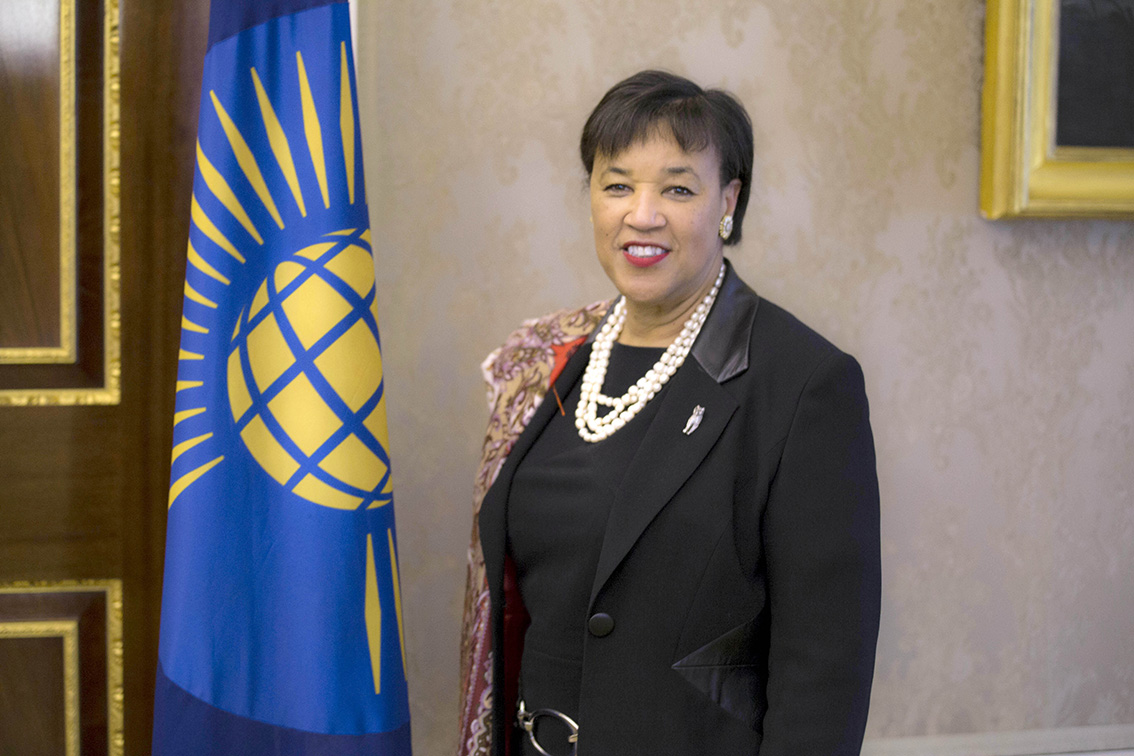Dr Canisius Kanangire, Executive Secretary of the African Ministers’ Council on Water (AMCOW).
Access to adequate sanitation is a fundamental human right. Yet, a third of African citizens are still living without access to adequate sanitation facilities. This not only has a detrimental impact on the health, prospects and quality of life of people all over the continent but by failing to provide such facilities, Africa is neglecting to preserve human dignity.
Too often, we have seen sanitation pushed aside, not receiving the attention it deserves. At the African Ministers’ Council on Water (AMCOW), we’re seeking to change this. We believe that we have the responsibility to effectively and efficiently coordinate action between key water and sanitation players, facilitate the strengthening of regional cooperation and development, and build the capacity of relevant institutions and agencies. That may be quite the weight on our shoulders; however, it is necessary to ensure that we protect Africa’s future. That is why we are calling on regional institutions and sanitation experts from across the continent to work with us. We may understand sanitation, but they understand their countries’ specific challenges.
As a continent, Africa is developing quickly. Urbanization and rapid population growth can easily leave sanitation trailing behind, unable to cope with demand. When we speak about the problems surrounding Africa’s sanitation, there are many. In many instances, countries do not know where to begin or how to implement an inclusive national policy. Yet, in order to grow and move with the continent, we must move fast. Shared resources and partnerships with regional institutions are just two of the key strategies to do this.
Starting from scratch is not the answer when it comes to policy guidelines. Resources and budgets for sanitation policies may be scarce, making it even more important to work smarter. When AMCOW was created in 2002, the mandate was to provide political leadership and policy directions and to carry out advocacy for sustainable development of water resources and sanitation in Africa. AMCOW is a specialized technical committee on water and sanitation. We have spent many years working in, and demanding change in, the WASH sector, and that is why the development of the African Sanitation Policy Guidelines (ASPG) is a monumental achievement, and an important step for Africa. Building effective sanitation policies in a changing environment is a daunting prospect, so the ASPG provides a starting point to be tailored and adjusted by national governments with the support of regional institutions and sanitation experts.
The ASPG required years of careful development, resulting in a comprehensive, equitable, participative and sustainable approach to sanitation policy. The spirit of collaboration is alive throughout the process of drafting the new guidelines, and it will continue throughout implementation. This is not something AMCOW could have dreamed of doing years ago. For the policy guidelines to be successful, we must be trusted not only by member states, but also by implementing partners across the continent, and development partners outside. When I became Executive Secretary of AMCOW in 2016, I made it my personal mission to ensure more ministers discussed water and sanitation openly.
The creation of an enabling environment within the African Union is a clear goal, allowing the opportunity where some countries will learn from their peers. In Africa, like elsewhere in the world, there are countries who progress better than others, so a pan-African approach is required to enable us to learn from one another. Importantly, regional institutions, sanitation experts and other WASH organizations will be critical for engaging their national stakeholders on the importance of this approach. We already see interest and engagement with the ASPG development process, and we hope that as others see the success, they too will reach out to us.
Improving access to safely managed sanitation in Africa does not just call for an increase in collaboration; it demands it. From sanitation experts to regional organizations, all should be involved in this process. Developing policy guidelines is only part of the solution – it means nothing without collaboration, support and openness from those across the sector. As we enter a new year, and a new decade, many looks inwards to self-reflection and change. I propose the opposite. It’s time to look outwards at the very fabric of our countries, policies, and sanitation systems. Through policy development and adoption, we can shift Africa’s future to one that is sustainable and equitable. Between us all, we can forge Africa’s future with sanitation.


